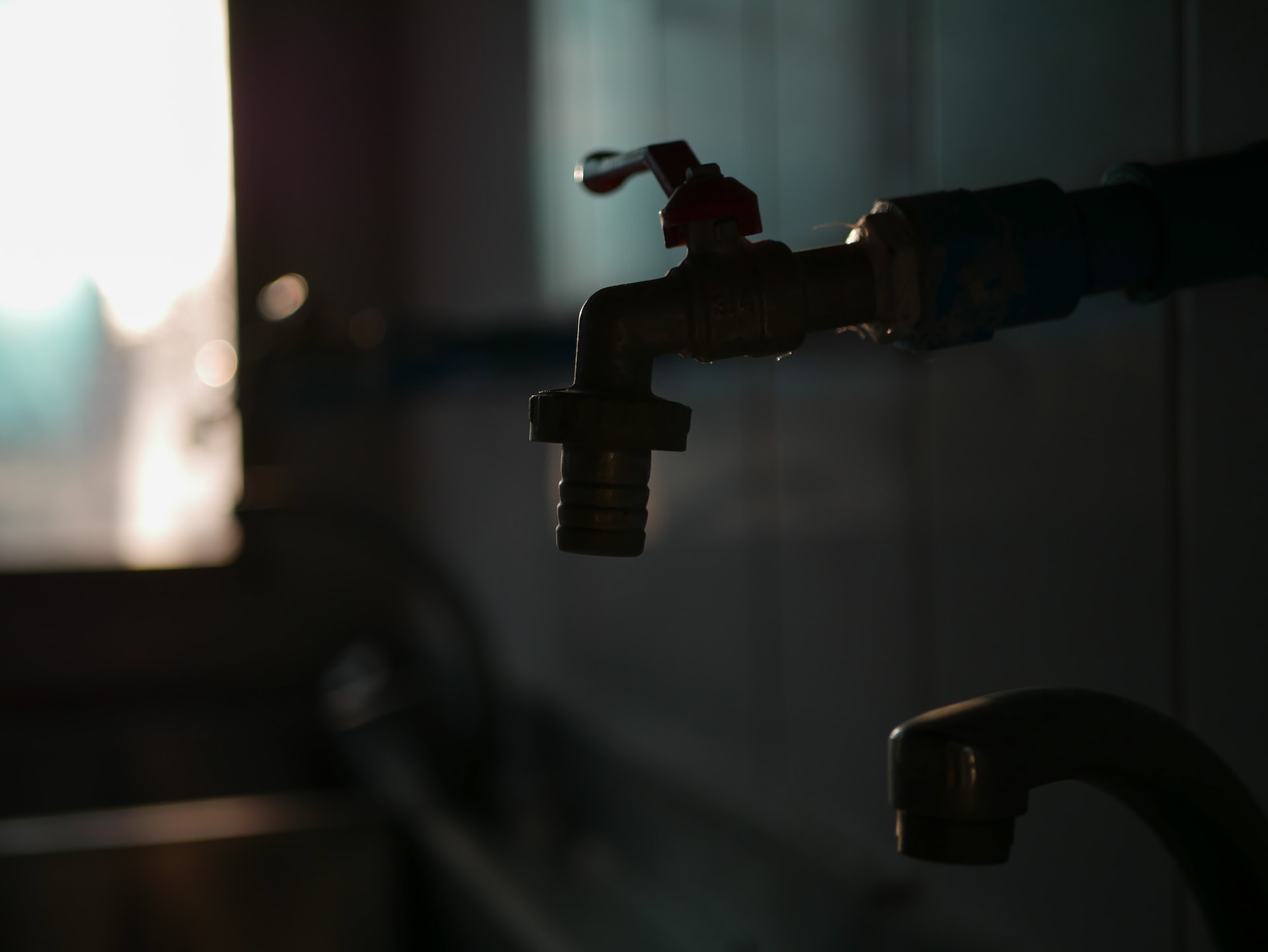How to unclog a commercial sink?
In a commercial setting, whether it be a factory or a restaurant, a clogged sink is more than just an inconvenience – it can actually be a financial liability. If you’re unable to drain water and waste correctly, your business – and earnings – could be put on hold as you wait for a repair.
Luckily, there are a number of easy ways that you can unclog a commercial sink yourself, and a number of preventative methods that can stop future blockages from occurring. Let’s take a look!
How to unclog a blocked commercial sink?
First of all, it’s important to know the signs of a clogged sink, especially when you’re working in a commercial setting where rapidity and a seamless workflow are key. Some of the most common signs of a blocked commercial sink include:
- Water isn’t draining correctly – if water is pooling around the sink, or taking longer than usual to drain fully, you can be guaranteed that you’re dealing with an internal blockage.
- Foul odours. If you notice any nasty or unpleasant odours whenever you use your sink, this is a sure sign that it’s clogged.
- Gurgling sounds. With a blocked sink, you may also notice gurgling sounds whenever you attempt to drain water – this is caused by a vacuum created by food and waste blockages.
Use a plunger
While you might think that a plunger is only useful for bathroom blockages, this handy tool can also help unclog a backed-up sink. To use a plunger, load the sink with hot water and place the plunger over the draining area. Once in place, use steady movements to push down and lift up the plunger, as you would if you were unclogging a toilet. Continue this movement until you notice that the water starts to drain as normal once again.
Pro tip: If your drain is severely clogged, using a plunger can require some heavy lifting – literally! The process is going to burn out your upper arm muscles pretty fast, so don’t forget to take a pause every now and then, or tackle the job with an able-bodied family member or friend.
Drain snaking
Drain snaking is often used in outdoor and residential plumbing, but it can also be used for unclogging a large commercial or industrial sink. If you’re not familiar with the concept, a drain snake is an extended piece of metal wire, which is inserted into a drain to dislodge stubborn blockages.
While an effective method, it’s incredibly important to use a drain snake carefully. You can find these in DIY shops and online, but don’t forget that they’re professional tools, and typically only used by licensed plumbers and drain repair services UK. If used incorrectly, this tool can end up damaging your pipe.
To use a drain snake, you’ll need to carefully insert the tip of the wire into the clogged drain (the “hook”) and push down gently until you reach the blockage in question. Once you’ve identified the source of the blockage, delicately move the snake in order to dislodge the blockage, before pulling it out carefully and disposing of it. Your drain should now function correctly, but if it still seems to be blocked, you might need to hire professional help rather than pushing the drain snake down further.
Use a commercial drain cleaner
So, what can you do to prevent future clogged sinks when working in a commercial environment? Here are our top tips:

